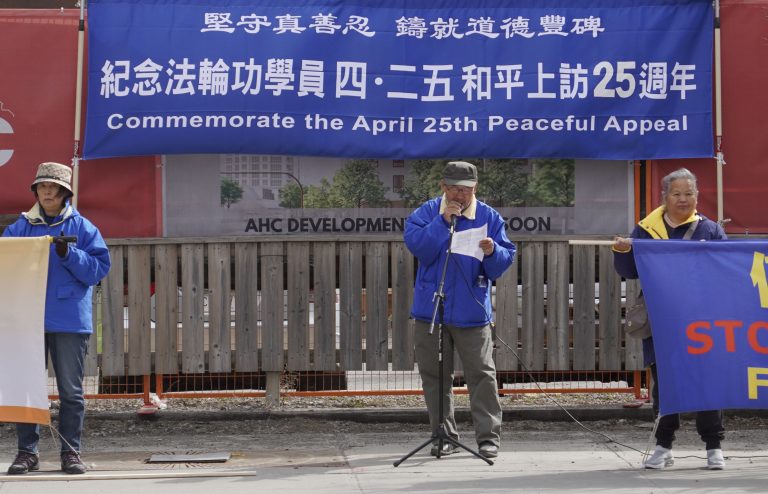Rockland County residents are up in arms over New York City’s plan to bus hundreds of adult male migrants to the county to be housed in a hotel in the community. The plan, detailed last Friday (May 5) by New York Mayor Eric Adams, was put in place after Adams said that the city had hit its “limit” managing a massive influx of migrants.
One Rockland County resident told the New York Post, “We’re scared. It’s going to lower our quality of life. I work in Manhattan and I’m not saying all migrants are dangerous, but I know the ones that house all these single men, and as a female it’s really difficult to walk past them without getting heckled.”
Rockland County Executive, Ed Day (R), even went as far as to declare a state of emergency over the matter, and lashed out at Adams, threatening to grab him “by the throat” if he attempts to offload the city’s growing migrant problem onto his constituents.
Rosemary Thomas, 43, told the NY Post that people are scared. “You don’t know what you’re getting. This is an unvetted group of men without any paperwork to their name, people with a blank slate,” she said, adding that, “Everyone in this town sympathizes with these poor people, but the safety concerns are legitimate and should not be dismissed as xenophobic.”
‘This is not the answer’
At the center of the controversy is the hotel where the migrants are to be housed, the Armoni Inn and Suites in Orangetown.
Success
You are now signed up for our newsletter
Success
Check your email to complete sign up
In a social media post on Monday, Orangetown Supervisor, Teresa Kenny, said that the town’s building inspector recently served a notice of violation on the hotel after the fire inspector and assistant building inspector “observed preparations to turn the hotel essentially into an NYC-run shelter.”
According to the violation notice, which was posted online, a hotel worker told community officials that employees of the hotel were told to replace queen-sized beds with two twin beds in 70 rooms.
Kenny said that the town expects some 340 single adults to be housed at the hotel, however, per town code, guests are not allowed to stay at the hotel for a period exceeding 30 days.
“They have a certificate of occupancy for a hotel, meaning it’s operated in that fashion, it’s in violation of the towns’ laws. If they’re going to have staff in there it’s operating as a shelter,” Kenny told the NY Post.
According to the NY Post, one woman who visited the hotel to express her concerns with the plan said that “This is not the answer, and we didn’t agree to this,” before adding that she hopes the plan is abandoned.
One hotel employee told the NY Post that the hotel has received numerous calls from locals venting about the plan. “We all have a role, and that’s what my role will be. We all have a community and I care about this community. Their concerns do not fall on deaf ears,” the employee said, adding that, “I’m part of the community, too.”
A local business owner, who operates less than a 2-minute walk from the hotel, also expressed concerns.
“I don’t know them, I don’t know how they are. They have no money. Where are they going to get money? This never happened before. This is going to bring more problems,” he told the NY Post.
READ MORE:
- Chicago Mayor Lightfoot Urges Texas Gov. Abbott to Stop Bussing Illegal Migrants to Chicago
- 76% of Southern Border Migrants Entering New York Homeless Shelters Stay There
- Abbott Announces Military Drills to Counter Texas Migration as Title 42 Ends
No long-term plan
Others in the area are trying to remain optimistic.
Joe Sanzi, co-owner of a local pizzeria, told the NY Post, “The government lets them in. You can’t just leave them in the streets. We do a lot of business with the hotel anyway, so hopefully it’s good.”
On May 8, the Rockland County Executive’s Office expressed concern that only a short-term plan has been tabled, while citing the strain already placed on the communities schools, social services and housing.
“While city officials allege they will provide some short-term funding and services to these individuals, no realistic plans have been communicated as to who will house, feed, and support these individuals in the long-term,” Day’s office said.















